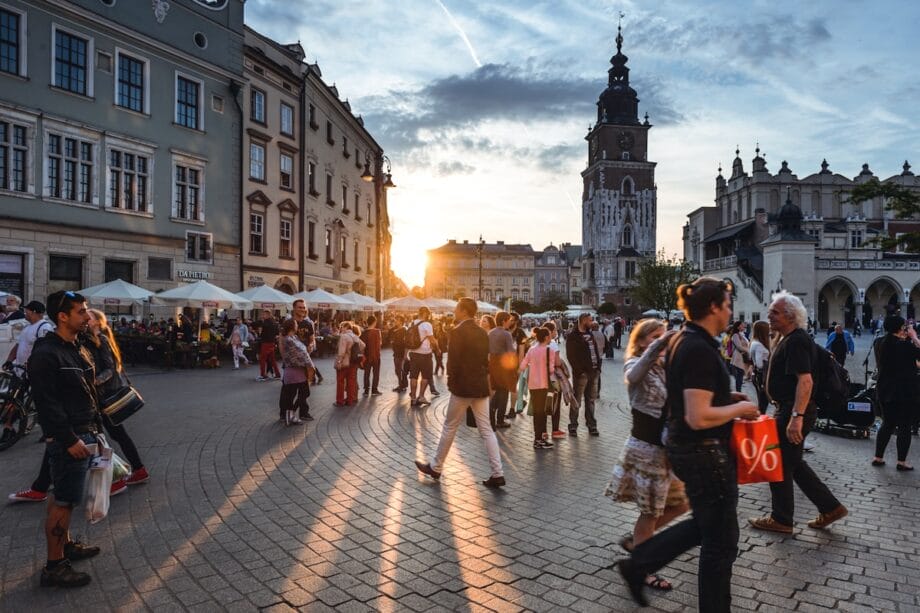Home » TOURISM NEWS » Mozambique Implements New Tourism Levy on Accommodations to Foster Investment, Marketing, Infrastructure, and Drive Growth in Foreign Arrivals
Published on October 14, 2025
The government of Mozambique has unveiled an initiative to institute a tourism levy on accommodations, aimed at revitalizing the country’s tourism sector. This levy will be levied on hotels, resorts, and other lodging establishments, channeling funds into investments for promotional activities, infrastructure enhancements, and service improvements.
These efforts are focused on attracting international tourists, thereby invigorating the local economy. This announcement aligns with Mozambique’s overarching Economic Recovery and Growth Plan (PRECE), which identifies tourism as a pivotal contributor to economic expansion and job creation.
Although the precise rate of the levy has yet to be announced, the initiative signals a determined commitment to positioning tourism as a foundational economic driver.
Financing Tourism Development and Marketing Endeavors
Revenue from this newly introduced levy will be allocated towards a variety of initiatives intended to bolster Mozambique’s attractiveness to global travelers. Marketing efforts will spotlight the nation’s distinctive tourism offerings, including its pristine coastlines, diverse wildlife reserves, rich cultural heritage, and eco-tourism opportunities.
Enhanced service standards through training programs will elevate guest experiences in hotels, resorts, and tour services.
Furthermore, additional funding will facilitate strategic infrastructure development, encompassing airports, roads, and visitor amenities, while also promoting product diversification into sectors like adventure tourism, cultural experiences, and wellness tourism.
Collectively, these initiatives are anticipated to cultivate a more dynamic and appealing tourism ecosystem in Mozambique.
Economic Ramifications: Elevating GDP Contribution and Tourist Expenditure
The government’s initiative aspires to markedly amplify the economic influence of tourism. Currently, tourism accounts for merely 1.1 percent of Mozambique’s GDP, with foreign visitors averaging US$125 per person and total tourism revenues approximating US$62.5 million annually.
Through the implementation of the levy, the government seeks to escalate tourism’s GDP contribution to 5 percent, increase per-visitor spending to US$500, and elevate total foreign tourism receipts to US$500 million annually.
This ambitious goal encapsulates a vision of tourism as a cardinal component of economic advancement, enhancing livelihoods, generating employment, and securing sustainable revenue flows.
Addressing the Marketing Deficit for Regional Competitiveness
A primary aim of the levy is to rectify the existing gap in state tourism marketing investment. Mozambique currently allocates around US$350,000 annually for tourism promotion, a mere fraction compared to the US$60 million devoted by neighboring South Africa.
By harnessing additional revenue from the accommodation levy, Mozambique can engage in robust marketing campaigns on both domestic and international fronts, attracting high-value tourists and enhancing its brand visibility on the global tourism map.
Improved marketing strategies will enable the country to effectively target key markets, amplify tourist arrivals, and augment its competitive edge against regional destinations.
Tourism as a Catalyst for Employment and Community Advancement
The suggested levy is poised to foster job creation across various segments of the tourism ecosystem, including accommodations, dining establishments, transportation services, and local attractions.
This endeavor will particularly benefit rural and coastal communities, where tourism can provide alternative income sources and promote economic inclusion.
By funding training programs and elevating service standards, the initiative aims to ensure that tourism employment opportunities are both sustainable and conducive to long-term skills development for local residents.
As visitor numbers rise, communities can anticipate heightened demand for products and services, thereby contributing to greater economic growth and improved living standards.
Enhancing Mozambique’s International Tourism Standing
The introduction of this tourism levy highlights Mozambique’s aspiration to bolster its international tourism profile. The accrued funds will empower the government to champion the nation’s diverse attractions, from breathtaking beaches along the Indian Ocean to unparalleled wildlife experiences in national parks and reserves.
Tourists will be encouraged to immerse themselves in Mozambique’s rich cultural heritage, traditional communities, and adventurous locales, further solidifying its status as a premier destination in Southern Africa.
Pursuing Sustainable and High-Value Tourism
This levy initiative forms part of a comprehensive strategy to transition Mozambique’s tourism sector towards more sustainable and high-value offerings.
By investing in quality infrastructure, elevating service standards, and promoting premium tourism products, the country aims to attract discerning travelers who are inclined to spend more, stay longer, and engage in meaningful travel experiences.
Additionally, the measure seeks to ensure that tourism growth harmonizes with environmental conservation, thereby safeguarding Mozambique’s natural landscapes and biodiversity while supporting local communities.
Utilizing Tourism as a Driver for National Advancement

Mozambique’s proposed tourism levy represents a strategic maneuver aimed at repositioning the sector as a vital economic contributor.
Through investments in marketing, infrastructural development, service enhancements, and product diversification, the government intends to double the influx of foreign tourists, raise per-visitor spending, and amplify the industry’s overall contribution to GDP.
This initiative underscores the pivotal role of tourism in spurring job creation, community progress, and sustainable economic development.
As Mozambique prepares for the implementation of this levy, it positions itself for a significant leap towards becoming an attractive destination for global travelers, fortifying its standing in the Southern African tourism landscape and laying a sustainable foundation for future sectoral growth.
Source link: Travelandtourworld.com.






